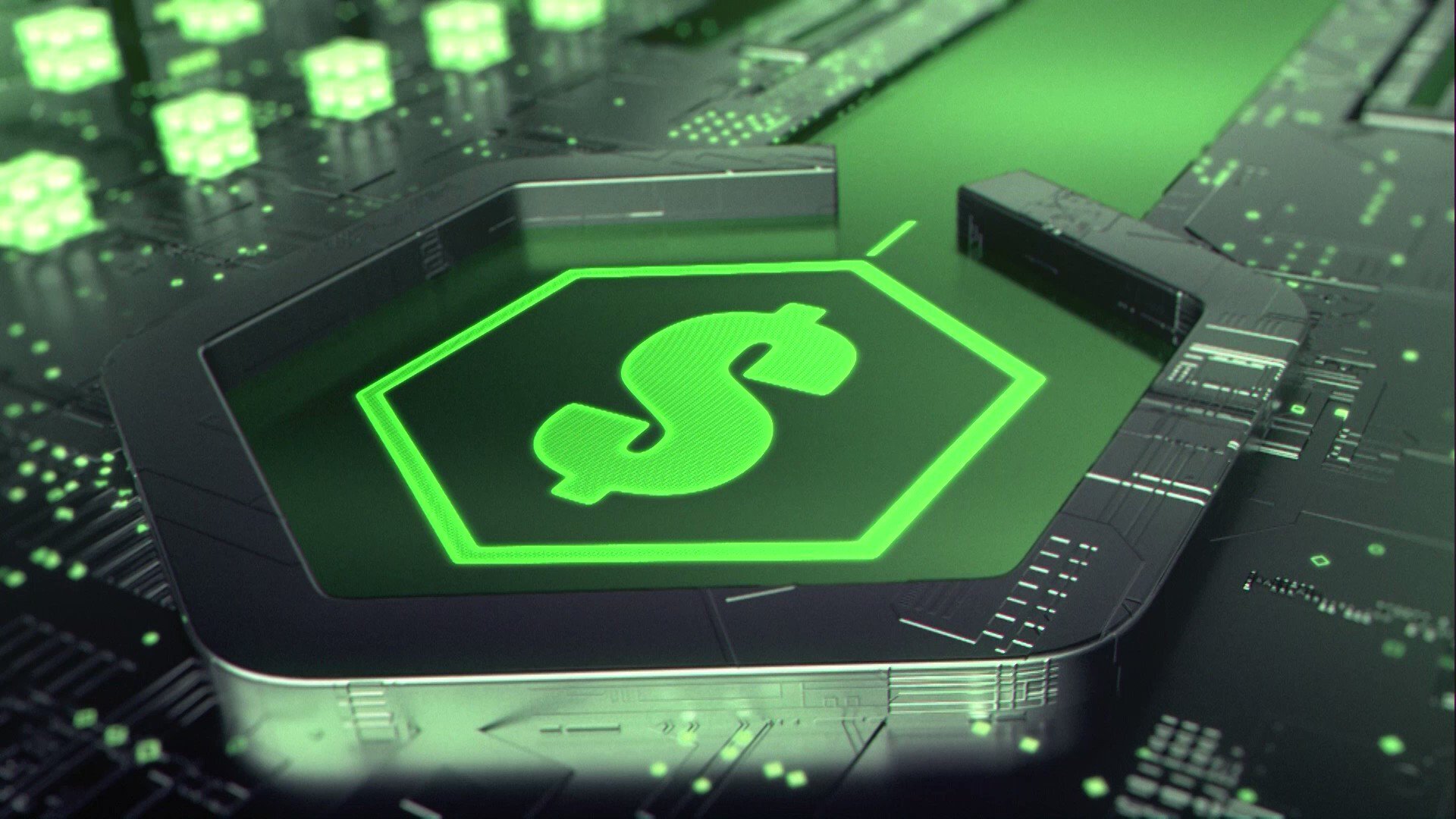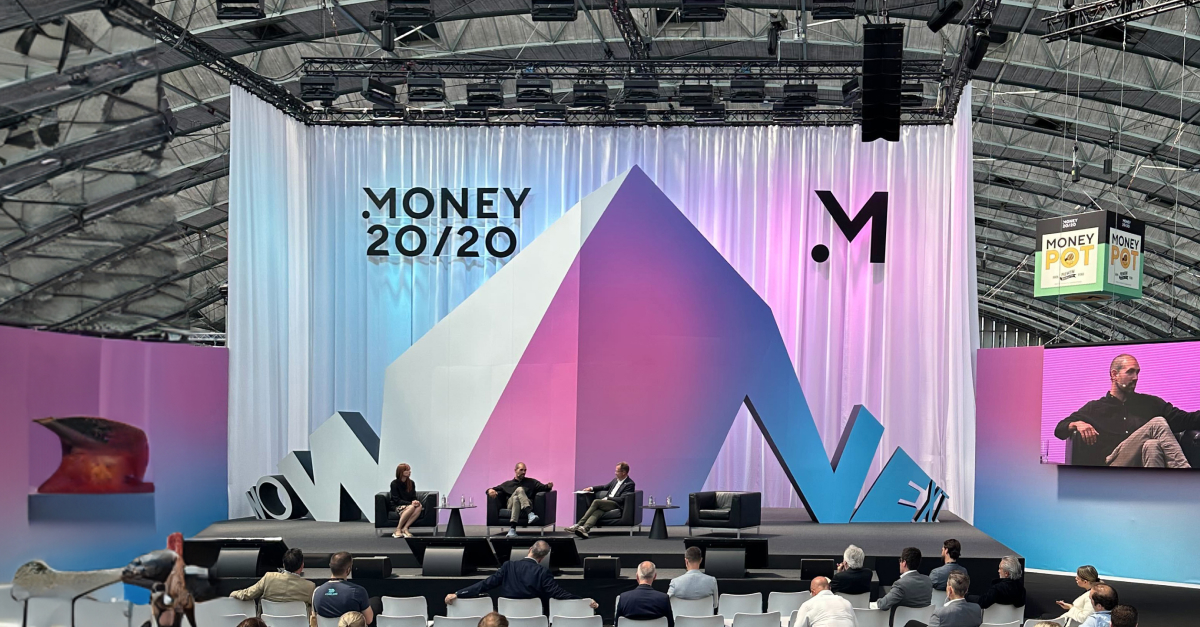Blockchain: A Potential Solution for Unpaid Artist Royalties
Unpaid royalties are crippling artists' earnings. Explore how blockchain technology could revolutionize royalty payments and ensure fair compensation.

The music industry is facing a significant crisis with artists missing out on millions, if not billions, of dollars in unpaid royalties. This issue is not merely a technical oversight; it's a systemic problem that threatens to hinder the industry's evolution.
The Seriousness of the Problem
The recent lawsuit filed by Limp Bizkit against Universal Music Group (UMG) highlights the severity of the royalty payment issue. The band claims that UMG employs royalty software designed to obscure payments. If such a situation can occur with a well-known band, the plight of emerging artists is likely far worse.
The Role of Metadata in Royalty Payments
At the core of the royalty payment dilemma lies metadata, which includes essential information about songs—titles, songwriters, producers, and more. This data must be accurately aligned across various databases to ensure that all contributors receive their due payments. Unfortunately, the lack of standardized practices and the dispersed nature of this data often lead to inaccuracies, leaving many artists unpaid.
SoundExchange, a U.S. organization responsible for managing performance rights, has also filed a lawsuit against AccuRadio for failing to pay owed royalties, further illustrating the widespread nature of these issues.
The Need for Technological Advancement
The current royalty systems are plagued by outdated technology, leading to errors and potential manipulation. Many artists remain in the dark regarding the origins of their payments and whether they are receiving what they are owed.
Blockchain technology presents a promising solution. By providing a transparent and decentralized method for tracking data, blockchain can create an immutable record of every song played, ensuring accurate royalty distribution.
The Benefits of Blockchain for Artists and Investors
Adopting blockchain for royalty payments could significantly benefit both artists and investors. A secure tracking system would enhance trust in the market, making the music industry more attractive for investment. Companies like Ripe Capital are already exploring blockchain to tokenize music royalties, allowing fractional ownership and providing artists with clearer income insights.
Platforms like Audius are also revolutionizing the industry by enabling artists to connect directly with their audience, bypassing traditional intermediaries. Other initiatives, such as Myco, offer artists a fair and transparent way to earn from their music.
The ongoing challenges with royalty payments reveal a critical flaw in the music industry. The lawsuits from Limp Bizkit and SoundExchange expose the millions of dollars lost and the urgent need for reform. Blockchain technology could serve as a viable solution, offering transparency and accuracy in royalty distribution. While there are challenges to overcome, the potential for fair compensation makes the transition worthwhile.
What's Your Reaction?
















